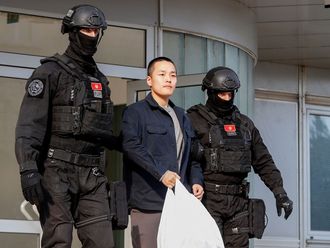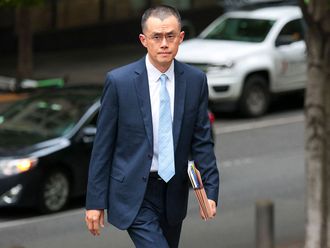In order to promote public-private partnerships, DLD has collaborated with a number of key partners in this initiative, including Dewa; wasl Asset Management Group, one of the largest real estate developers in Dubai; Emirates NBD, the banking partner for the initiative; and Ikea. All existing and future partners will be included in the system’s database to provide access to detailed information and ensure customer convenience.
Based on this initiative, DLD will be able to create a Blockchain database for all Dubai properties, which will be available to DLD’s customers as well as all of its government and private sector partners. The technology will allow investors residing in Dubai and around the world to verify property data that is backed by timestamp signatures, enhancing the accuracy of data, the credibility of investment transactions, and the transparency and clarity of the market.
“This initiative is still in a stage of infancy. In the near future, we will see many partners joining Blockchain to improve their client services, including banking, mortgages, and utilities and maintenance operations,” said Bin Mejren.
Wasl Asset Management Group has opted to join this initiative to benefit from the ability to renew tenant lease contracts via Blockchain, as well as from the smooth, convenient and paperless service provided by the system. The tenant can access the system through a personal identification card to complete several processes such as contract renewals and smart payments through Emirates NBD. The electronic process is carried out once the cheques are received and verified by the bank. DLD registers the contract data and provides customers with a specific number for “Ejari” and Dewa so they can renew their electricity and water metres within one integrated system and without the need for any documents.
Wider number of customers
The General Directorate of Residency and Foreigners Affairs in Dubai plays an important role in this system, as it is responsible for verifying residency data and the existence of all required documents. While the first phase of the initiative is limited to wasl Asset Management Group, DLD will open the door for other property development and management companies to include their properties in the system, allowing a wider number of customers to benefit from the Blockchain database. The Department of Economic Development (DED) will enter the database during the second phase. Blockchain’s services are currently available only to landlords and tenants, but the next stages will include developers and investors, with the potential to offer properties for sale.
Bin Mejren concluded: “Blockchain, as the name suggests, is very similar to a long chain in which each partner serves as a loop, with the whole chain providing all services in one location. We have ensured that all procedures will be fully integrated so that customers do not have to move between different service centres to complete procedures. Our aim is to unite all real estate and department services on a single platform. We hope to complete our project in the year 2019-2020 and we are keen to attract parties from the private sector, particularly those that are already partners or currently work with Dubai governmental institutions.”
Emirates Real Estate Solutions (Eres), the technical arm of the Dubai Land Department, is working on the development of Blockchain in collaboration with a number of external partners including Emirates Identity Authority, Dewa and Emirates NBD.






